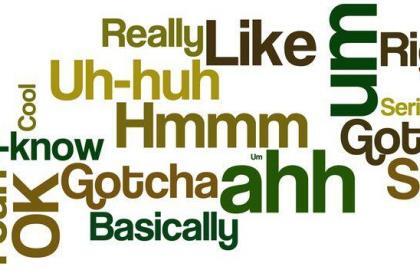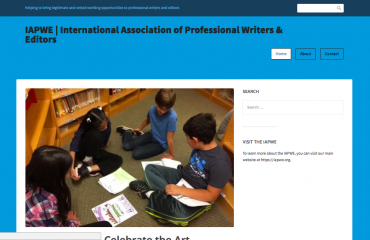
When a writer has a deadline to meet and a word count to fill, it is tempting to make sentences wordier, opting for flowery descriptions rather than powerful prose. Editors will watch for this kind of extra wording and will often delete it in bulk, leaving sentences tighter and more efficient. Filler words also tend to make written pieces boring, turning reading into drudgery when the reader would rather get straight to the point.
The following examples show words that are often overused in writing or are used to fill in space where they are otherwise not needed. Writers should look for these instances in their existing work and fix them wherever possible. They should also make a conscious effort while writing to avoid using such words and instead focus on actions and more pointed descriptors.
Examples in Concise Writing
Lose “that.” “That” is one of those words having virtually no purpose other than taking up space. Take this sentence, for example: “She promised that she would never make the same mistake twice.” Removing “that,” the sentence is just as clear: “She promised she would never make the same mistake twice.”
You “really just only” need to say what you mean. “He really just needed only one car but purchased a second,” would do better as, “He needed one car but purchased a second.” These three words are as annoying to editors and readers as “very,” which is another no-no.
“She was almost slightly drifting on what seemed like air.” Words like “almost,” “slightly,” and “seeming/seems” are boring! These give readers little direction. Saying something is “almost” something tells a reader that it may or may not be, and they will never know. “She was drifting on air,” paints an immediate and clear picture in the reader’s mind.
“Basically,” the word “absolutely” is “actually” unnecessary. If the subject of the sentence is “actually” something, using words like these become redundant. “She was positively certain she would win,” is better written as, “She was certain she would win.”
In descriptive sentences, phrases like “kind of,” “sort of,” and “a little,” convey nothing and are better left out. Readers do not want wishy-washy writing; they want the writer to speak directly and confidently. This builds trust in the writer’s work. “His speech was sort of a hit,” sounds much stronger as, “His speech was a hit!”
Finally, “very” should never be included unless it is vital: for example, in a direct quote. If a descriptor in a sentence is strong enough, this word makes the sentence weak and shows no effort on the writer’s part to convey deeper meaning. Instead of saying, “She was very mad,” remove “very” and try “irate,” “fuming,” or “infuriated.”
In short, writing concisely provides readers a clean, clear read. Readers appreciate this because it allows them to read faster and gain more insight and information, and it holds their attention better than filler words. If a writer needs help getting into this good habit, a thesaurus is a great tool to have handy while writing.



